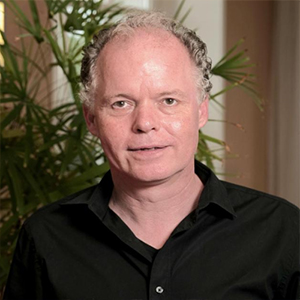
Arjan Videler
Psychologist, psychotherapist and senior researcher at PersonaCura, Centre of clinical excellence in personality and developmental disorders in older adults of GGz Breburg, Tilburg, The Netherlands. Senior research fellow at Tranzo, scientific centre for care and wellbeing of the Tilburg School of Social and Behavioral Sciences of Tilburg University, Tilburg, The Netherlands.
All you need is positive schema therapy: positive schemas and related interventions across the adult life span
Early maladaptive schemas (EMS) are considered core elements of schema therapy. Early adaptive schemas (EAS) or positive schemas have gained more attention recently. Like EMS, EAS consist of persistent patterns of information processing, thoughts, emotions, memories, and attention preferences. However, these EAS serve positive functions and give rise to adaptive behaviour, and they emerge during childhood, when one’s core emotional needs are adequately met by parents or other primary caregivers. In this symposium we discuss recent research and clinical advances in working with positive schemas. First, Anne-Marie Claassen will discuss the results of a scoping review into EAS and healthy modes in schema therapy. Next, Jenny Broersen will examine the clinical relevance of combining schema therapy with positive schemas and positive interventions for adult outpatients. She will share the findings from two case studies and discuss the outcomes and experiences of adult outpatients. Machteld Ouwens will present the psychometric aspects of the Dutch Young Positive Schema Questionnaire (YPSQ-NL) in a large and representative panel of the Dutch population (N=650, age 18 to 80 years old). Finally, Loes van Donzel will discuss findings of her study into an adapted form of schema therapy that included interventions to reactivate positive schemas in older adults with cluster C personality disorders. She will present quantitative results from a multiple baseline case series design among nine older persons (age > 60 years) with cluster C personality disorder who were treated with modified schema therapy. After follow-up, participants were interviewed about their experiences with this modified schema therapy, and therapists were interviewed in a focus group.

